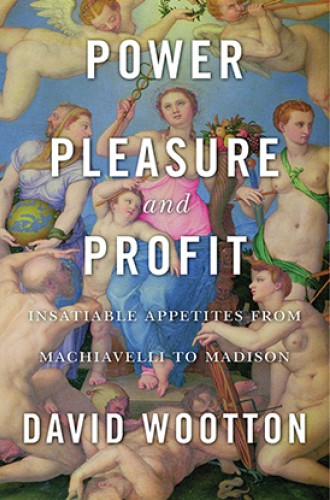What greed looks like
The roots of our desire for money, pleasure, and power reach back to the Enlightenment.
David Wootton describes a moral world that would bewilder Aristotle and the biblical authors. If they knew the phrase, they might well exclaim: “This is from another planet!” Yet the world that Wootton portrays is the one in which we live.
Wootton’s ultra-exacting historical scholarship tells the story of the “cultural revolution” that took shape in the Anglophone West between the years 1500 and 1800. This revolution flowered forth as what he calls “the Enlightenment paradigm,” a still-dominant way of thinking that amounts, among other things, to the replacement of Aristotelian ethics and Christian morality.
Wootton gives fastidious attention to little-known writers and preachers, who provide context for his interpretation of the period’s defining figures. For example, the first quotation in the book comes from William Percey, author of The Compleat Swimmer, published in 1658. In a mere aside (the book really is about swimming), Percey remarks that “the only inducements to all Actions in the whole world . . . are pleasure and profit.”






